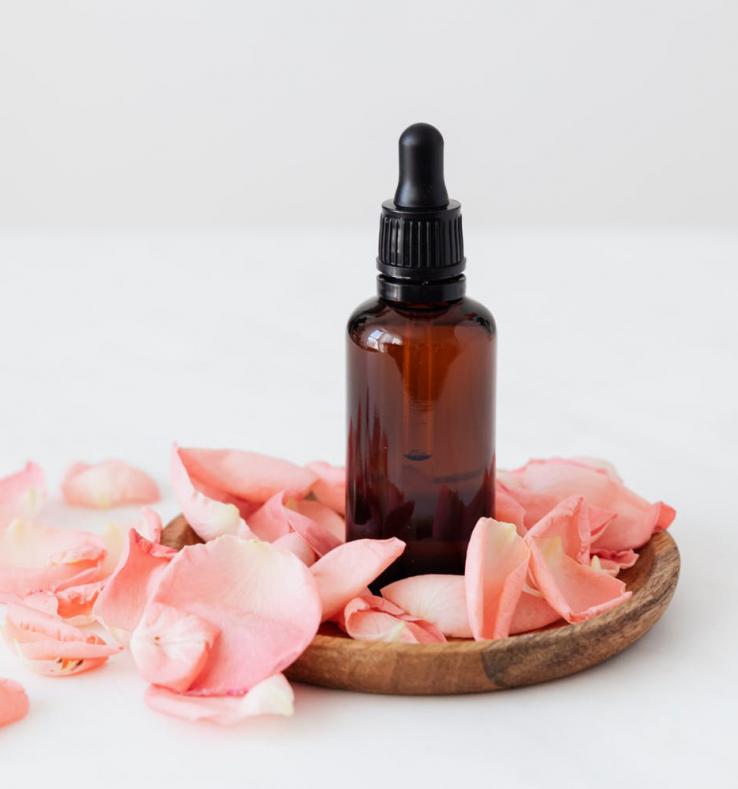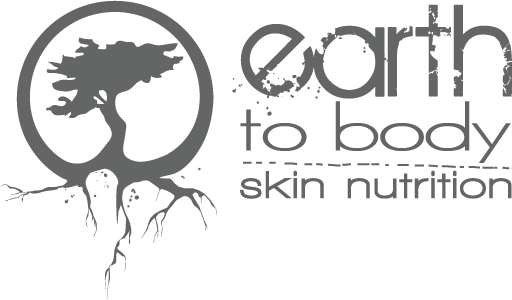
Retinol is ADDED to some skin care products. It should NOT be added. Make sure ‘added retinol’ is on your SKIN’S NOT WANTED LIST. It is harmful to us when added to skin care, because the form manufacturer’s use is not natural. All ages are affected negatively by the addition of this ingredient to skin care.
Yet, retinol, aka Vitamin A, is an essential fat-soluble vitamin. So why , if necessary for our very existence, is it not so good when added to a skin cream?
When is retinol good for us?
Commonly known as Vitamin A, retinol is an essential fat-soluble vitamin, found in fats (meats, cheeses) and vegetables like sweet potato, kale and carrots. This essential nutrient is vital to maintaining good vision, growth, immune functioning. On the skin, WHEN in its pure, natural form, it helps prevent sun damage.
Retinol is beneficial in its natural form when consumed or worn directly on our skin, but NOT in the forms added in cosmetics.
When is retinol bad for us?
As an addition. According to the Campaign for Safe Cosmetics, Retinol, in the derivative forms of retinoic acid and retinyl palmitate, found in creams, lotions, moisturizers, make- up foundations should be avoided.
However, the marketing persuades us differently. Skin care companies advertise retinol as anti-aging. Additional perks of applying the ‘retinol creams’ are for acne, wrinkles, toning, and hyperpigmentation. Research may tell you about the side effects of retinol on the skin, but make it seem completely normal and to just hang in there…giving it a chance to work. These side effects include redness, irritations, acne, flakiness, sensitivity to sun, peeling and a final warning Not to be used by pregnant or nursing woman. Should our alarm bells be ringing?
Names to look for and thus avoid on your cosmetic labels
Retinol, vitamin A, retinyl acetate, retinyl palmitate, all-trans retinoic acid, tretinoin.
Tretinoin, one of the synthetic versions of Vitamin A, but stronger, requires a prescription and should not be used on sensitive skin. Tretinoin is also banned in the EU, but sadly, still permitted here.
The health concerns of retinol in these synthetic forms are possible cancer.
Where can we find nature’s good retinol for our skin?
Since retinol is a fat-soluble vitamin, oils like carrot, rosehip, sea buckthorn will contain Vitamin A. Our Revitalizing eye oil is a good example of an oil blend that contains natural retinol. Pure emu oil and argan oil also contain vitamin A, as do our natural unrefined Shea butter (See Sheamu and Shargan Butters). Retinol in it natural form is good for you, internally and externally. The label will not say retinol on it because it is not an added ingredient. It is within the oil itself. And all the benefits attributed to ‘retinol in skin care’ will be available to you in this healthy format, without the side effects.
- Connectez-vous ou inscrivez-vous pour publier un commentaire


Commentaires